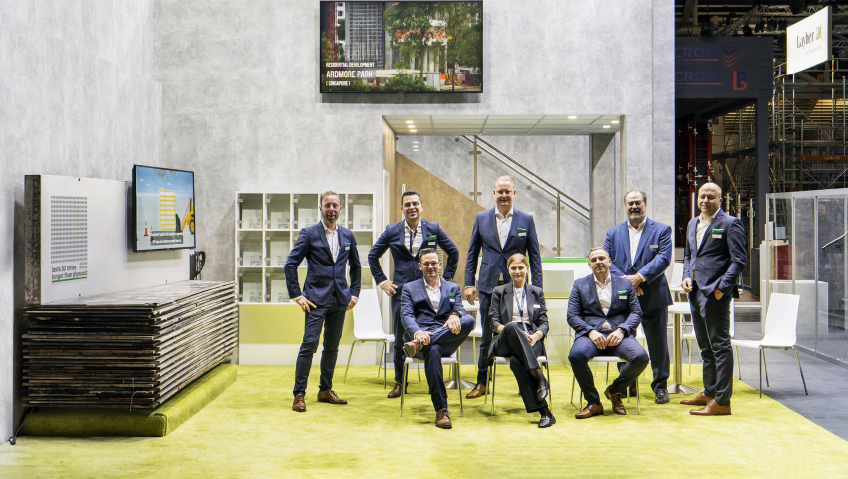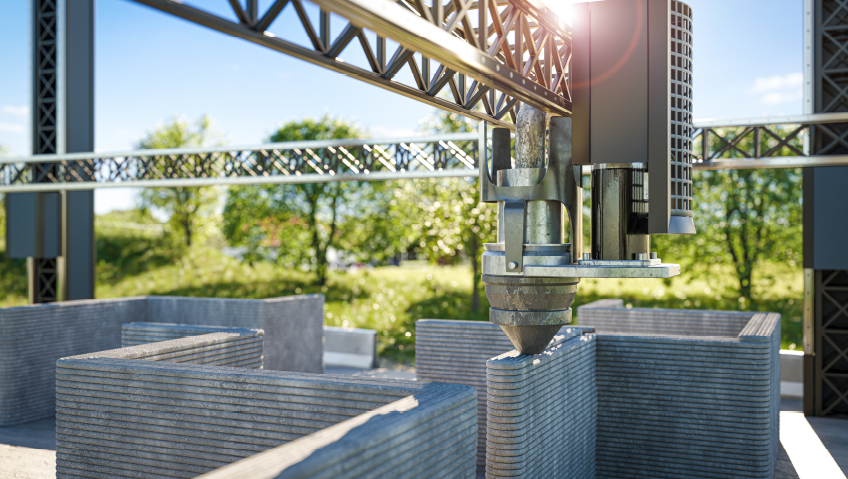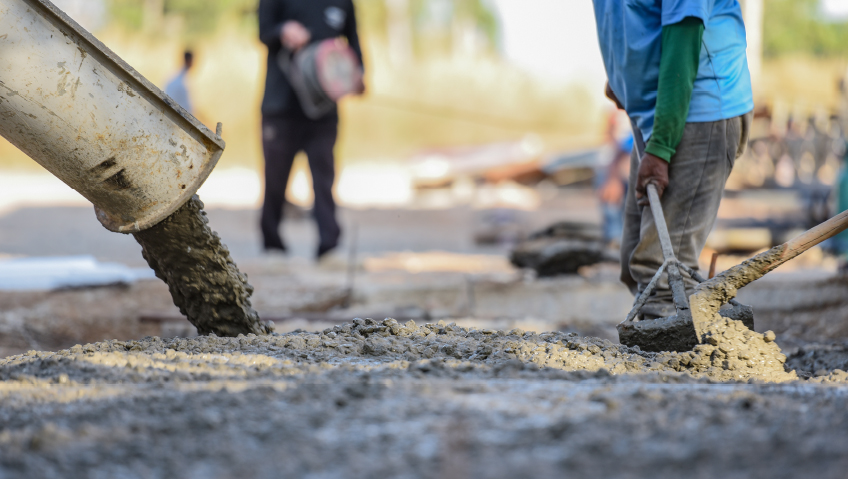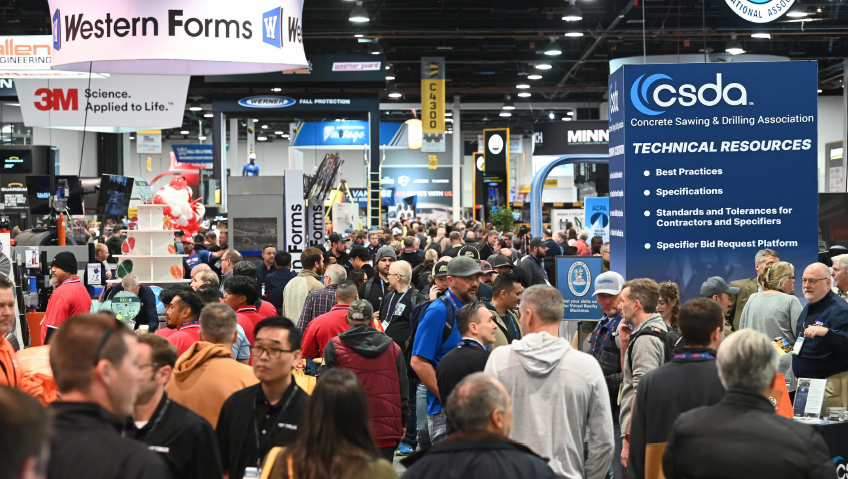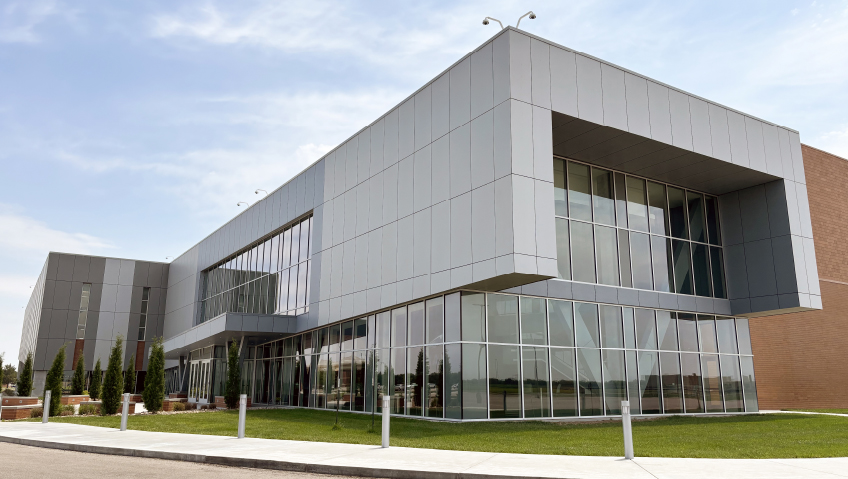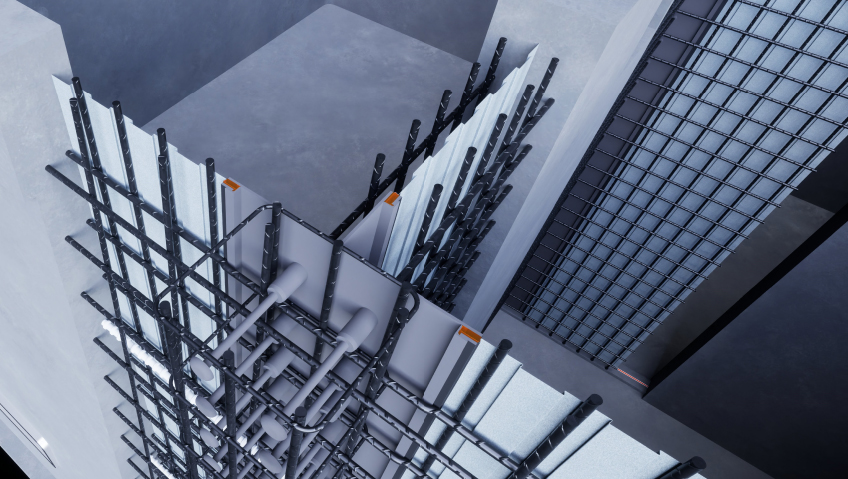Since 2000, alkus Innovative Systems has been taking the construction industry by storm, revolutionizing formwork with a more efficient, effective, and sustainable option that enables greater performance and a stronger bottom line for the long term.
Building on the company’s global success, alkus North America was established in 2017 to bring the countless advantages of its innovative polypropylene formwork solutions to the North American market, where it continues to be the standalone leader in the space.
A global standard
The alkus® brand has become the international standard for formwork. Used by formwork manufacturers including MEVA since alkus was introduced; RMD Kwikform since 2005; Aluma since 2016; and Apache Industrial Services since 2019, the company continues to penetrate the market, now focused on growing its presence and impact in North America.
Understanding that construction is typically slow to innovate, with tried-and-true approaches held onto long into the future, the alkus® panel offers innovative advantages that cannot be ignored. From CEO Matthew Pescador’s perspective, “It’s a system that replaces an older system, which is wood. Wood form facing is used in these forms all over the world, and [wood] would last a couple of years; then it’s labor-intensive to take that wood out, because the wood used to line the face of the form is no longer useable,” he explains.
“There’s a whole process of punching the rivets out and cleaning the panel frame and then putting a new piece of wood in. What alkus® specifically does is it replaces the need to do that. So, when you put an alkus® panel into your formwork panel, it can last 20 years or even longer,” he says. Like its wood counterpart, the composite panels come in a variety of sizes and thicknesses for every application and offer a life expectancy that outlasts wood 15 to 20 times longer. In fact, panels have been shown to last for more than 1,500 uses.
This durability is complemented by flexibility and reinforced by water-resistant qualities, which means no swelling, no rotting, no concrete discoloration, and consistent quality results when it comes to exposed concrete. This allows projects to advance to the next stage of construction faster, without the need to remedy the appearance of the concrete. The panels’ performance is backed by a seven-year warranty, which is unheard of in the market and speaks volumes to the company’s confidence in the performance of the product it manufactures.
Available in two varieties, the alkus® AL—which is constructed with aluminum-reinforced polypropylene—can be used for wall, slab, and special structural elements, and the alkus® GM—the company’s first, made from fiber-reinforced polypropylene—both offer immense advantages and savings over the wood alternatives.
Complete innovation
alkus® panels are innovative in their own right, but it is how they are used as part of the alkus® system that is the true differentiator of them on the market. Like most German-made systems, they are built to last.
“You’re not just necessarily buying a plastic plate that replaces wood; you are buying a system that replaces wood, and I say a system because it is fully articulated in its ability to be repaired and to be maintained,” explains Pescador. “alkus has come up with myriad different tools and repair processes for each individual situation so that the customer downstream has a tremendous toolbox when they buy into the system.”
The system includes an engineered drill bit that countersinks a hole for a polypropylene plug, the same material the panel is manufactured from. Once hammered in, it can be smoothed out using a specialized scraper to create a flush repair in a fraction of the time it would take to repair a wooden form. “That takes on average about two or three minutes to do for somebody who is skilled,” says Pescador. “It might take five minutes the first time you teach somebody how to do it. And that’s a key aspect of alkus: using the same materials essentially to repair it,” and in the process, saving tremendous resources by avoiding downtime and costs associated with replacement.
Another major benefit of the panel is that it saves contractors from having to repeatedly buy wood, thereby reducing costs over the long term. And, speaking of the long term, alkus’ product is sustainable; in both production facilities, there is a zero-waste system in use.
Describing the process, Pescador explains, “We use a machine, and we physically separate the aluminum and the polypropylene foam, which is on the inside, and the solid polypropylene, which is on the outside. We separate it in different recycling lines of operation and then the polypropylene gets sent back into our production lines and they remake panels out of it.”
It’s a “really beautiful thing,” he says, “because it’s green technology… it’s something that’s super sustainable because you can just reuse it and reform it over and over and over.”
Future-minded
Like the panels themselves, the trajectory of alkus North America is long-term. With a roughly estimated potential market valuation for composite form facing panels north of a billion dollars over the next 20 years, alkus is well-poised to take full advantage of the market as the standalone provider of these innovative formwork solutions.
“In three to five years, we want to be two and a half to three times the size we are now in terms of total revenue, so that’s a pretty tall order to grow the revenue, but the potential is really there,” shares Pescador, who believes the sky is the limit for alkus North America.
If demand is anything like is expected, the company will have to scale to keep up, which could see its North American footprint expand in the form of a domestic manufacturing presence—but only time will tell. Until then, the company will continue to amass market share by virtue of the inherent value it offers and the quality it produces. And, at a time when costs are higher than ever, skilled labor scarce, and uncertainty rife, alkus® formwork is one way to optimize efficiency and performance on projects where concrete is the centerpiece.

